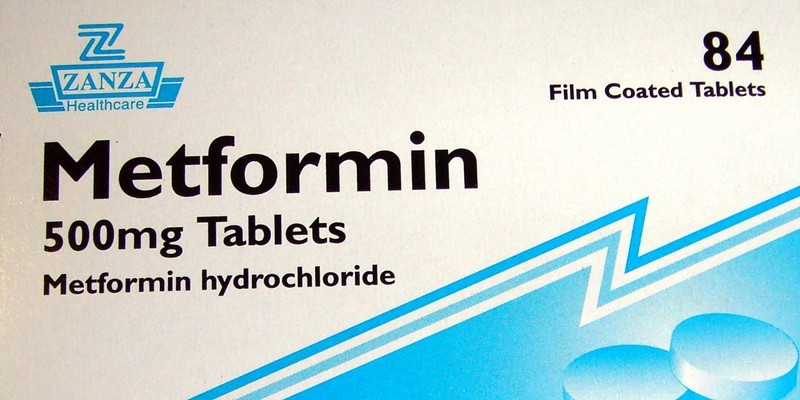Blood samples donated by thousands of people in Tayside have helped Dundee University researchers to uncover new genetic evidence about how a key diabetes drug works.
The scientists were part of a team looking at metformin, which has been in use for over 50 years and helps protect people with type two diabetes against heart disease and eye and kidney problems.
Despite being a commonly-prescribed drug for such a long time, a lot about how metformin actually works is still unknown.
A team led by Dr Ewan Pearson and Professor Colin Palmer, based at the university’s biomedical research institute, used anonymous data from a clinical information system of patients with diabetes, linked to donated blood samples from 20,000 people in Tayside.
They identified a gene called ATM that alters how patients respond to the drug findings that have now been replicated by colleagues at Oxford University.
Dr Pearson said, “In one of the largest studies of its kind, we have used the genetics of drug response, otherwise known as pharmacogenetics, to investigate how metformin works.
“We were expecting to find genes involved in blood sugar regulation so the finding that ATM is involved in metformin response was totally unexpected.
“Although ATM has been widely studied by cancer scientists, no one previously thought it had a role in how this commonly used diabetes drug worked.
“Our finding therefore draws together mechanisms that protect against cancer and lower blood sugar, suggesting a new area for diabetes drug development.”
Professor Palmer added, “This is an important development in defining how individuals may respond differently to diabetes drugs, but further work is required before we have enough information to be able to reliably use genetic testing in the clinic to guide treatment of common forms of type two diabetes.”
Diabetes UK has now awarded Dr Pearson further funding to continue his research using new genetic techniques on 8000 people with type two diabetes.
Dr Iain Frame, the charity’s research director, said, “This study is a great example of how research can produce unexpectedly exciting results.
“The benefits for people with type two diabetes may not be immediate but any research that increases our knowledge of how effectively drugs work in different individuals is hugely important.
“This is why Diabetes UK is funding Dr Pearson to continue this important line of research and this is likely to have significant impact in the future for people with type two diabetes and the costs involved to the NHS in treating it.”
The research is published in the journal Nature Genetics.
Photo courtesy of Wikimedia Commons.
